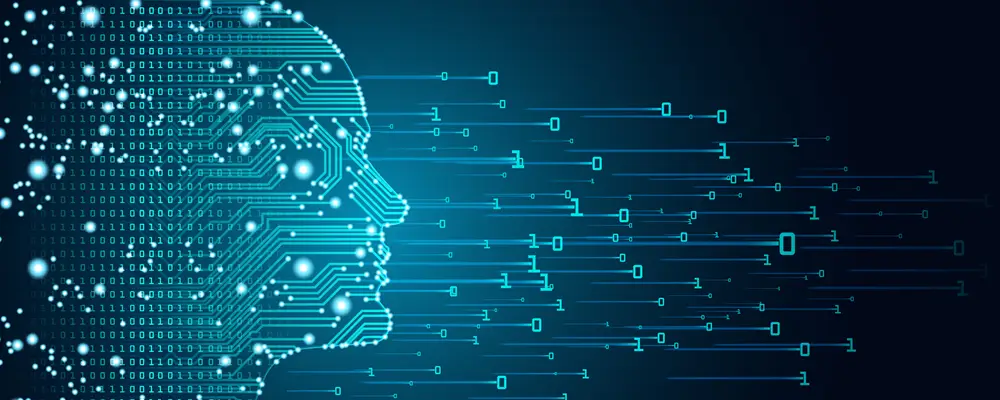Artificial Intelligence is no longer confined to science fiction—it's actively reshaping healthcare delivery, research, and patient care. As we stand at the forefront of this technological revolution, understanding its foundations, capabilities, and implications has become essential for every healthcare professional.
A. Defining Generative AI and its Impact on Healthcare
What is Generative AI?
Generative AI refers to artificial intelligence systems that can create new content, whether that's text, images, or complex data patterns. In healthcare, this capability translates into systems that can:
- Generate detailed medical reports
- Predict disease outcomes
- Design new molecular compounds for drug discovery
- Create personalized treatment plans
Current Applications
Today's AI systems can write detailed patient summaries in seconds, allowing healthcare providers to focus more on patient interaction. In research laboratories, AI systems generate and evaluate thousands of potential drug compounds overnight, dramatically accelerating the development of new treatments.
B. The Explosive Growth of AI: Why Now?
The current AI revolution isn't a sudden phenomenon—it's the result of several crucial factors converging:
Big Data
The digitization of health records and proliferation of health-tracking devices have created an unprecedented wealth of training data for AI systems.
Computing Power
Advanced hardware developments now enable processing of massive healthcare datasets at unprecedented speeds.
Algorithm Improvements
Breakthroughs in machine learning techniques, especially deep learning, have dramatically enhanced AI capabilities.
Investment
Billions in funding from both tech giants and healthcare companies are accelerating AI research and development.
C. Historical Perspective: AI's First Steps in Medicine
Fascinating Fact
AI made its first medical diagnosis in 1972 with MYCIN, a Stanford University system designed to diagnose blood infections. This system often outperformed junior doctors in identifying bacteria and recommending appropriate antibiotics.
Key Historical Insight
Despite MYCIN's impressive performance, it was never implemented in clinical practice due to legal and ethical concerns—challenges that still resonate in today's AI healthcare landscape.
As we explore this AI revolution in healthcare, we must balance its immense potential with important considerations about:
- Data privacy and security
- The role of human judgment in medicine
- Equitable access to AI-enhanced healthcare
- Integration with existing healthcare systems
Remember: The success of AI in healthcare isn't just about technological capability—it's about creating tools that enhance, rather than replace, the human elements of medicine.

